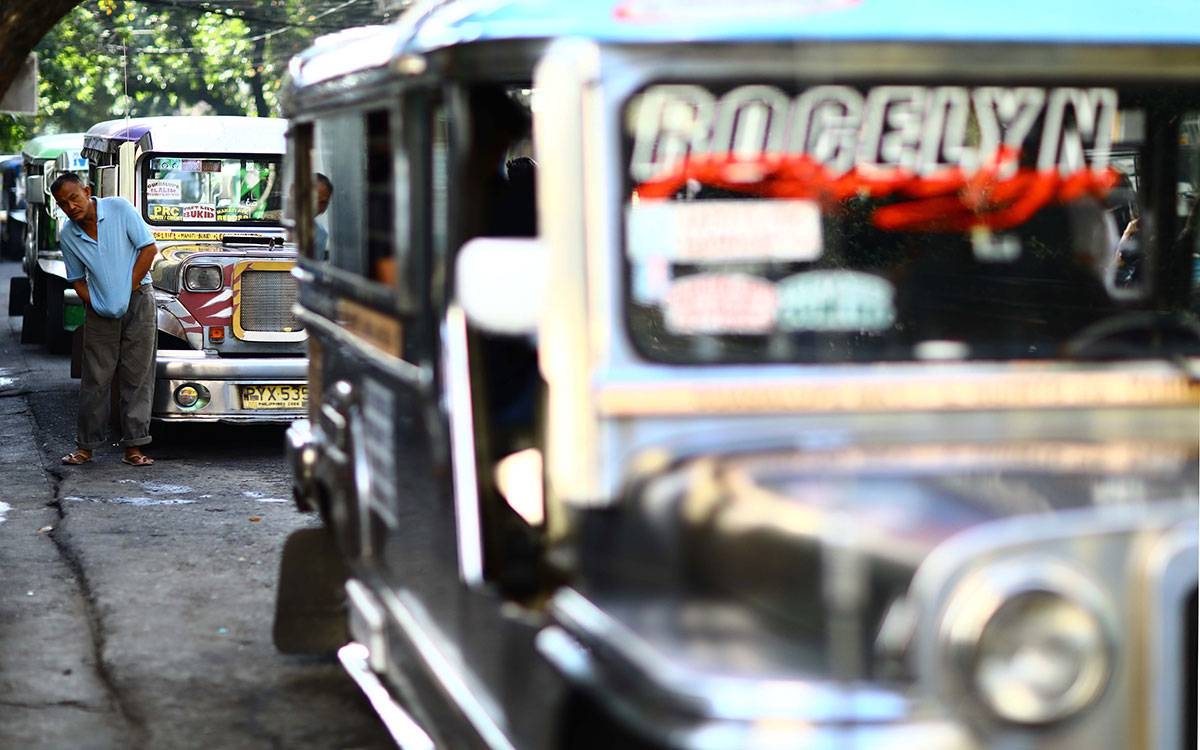The Department of Transportation (DoTr) has reported a significant increase in the number of public utility vehicle (PUV) owners applying for franchise consolidation. While the agency did not provide specific figures, this surge can be attributed to the Land Transportation Franchising and Regulatory Board’s (LTFRB) decision to accept applications filed before the December 31 deadline, even if the relevant fees were not settled.
Applicants will need to settle the fees to be included in the final consolidation report, according to the DoTr. In the meantime, while the figures are being finalized, all unconsolidated PUVs can continue operating until January 31, 2024. The LTFRB will issue a resolution to implement this instruction.
Under LTFRB Memorandum Circular (MC) 2023-051, signed on December 14, 2023, consolidated transport service entities and individual operators with filed applications for consolidation before the deadline are allowed to continue operating under their existing provisional authority (PA). However, PAs issued to individual operators who did not file for consolidation are considered “revoked” starting January 2024, and their previously authorized PUVs are now unregistered. Special permits will be issued to allow PUVs to ply routes where there are no consolidated operators.
This 30-day period will enable the LTFRB to follow due process for those who failed to comply with the December 31 consolidation deadline. The cancellation of the franchises of those who did not consolidate must be appropriately documented.
The LTFRB previously reported that over 60 percent of PUVs have already consolidated into cooperatives or corporations. Traditional jeepney operators account for 33.21 percent, with 13,893 units covering 317 routes in Metro Manila, having joined a cooperative under the government’s PUV modernization program. In contrast, 44.3 percent of utility van operators, with 3,359 units covering 81 routes in Metro Manila, have consolidated their franchises.
Despite these numbers, some transport groups argue that the government’s data is inaccurate and claim that 73.5 percent of traditional jeepneys in Metro Manila did not file applications for consolidation.
Transport Sector Disputes
As the DoTr and certain transport groups continue to exchange criticisms regarding the PUV modernization program (PUVMP), Senate Minority Leader Aquilino Pimentel 3rd expresses concerns about potential unrest in the transport sector if the program proceeds.
Pimentel believes that for there to be industrial peace, there must also be peace and harmony in the transport sector, not only for the riding public but also for jeepney operators and drivers. The PUVMP requires jeepney operators and drivers to form cooperatives and purchase modern jeepneys, resembling minibusses and costing over P2 million per unit, reportedly imported from China.
Some jeepney drivers, particularly single operators without the financial means to join a cooperative, have stated that they will not operate their routes if the government continues with the PUVMP. Pimentel suggests that if drivers see that the PUVMP will adversely affect their earnings and not provide enough to support their families, they may choose to leave the transport sector.
He also raises concerns about potential shortages in PUVs and the impact on the commuting public. People rely on transportation for work, school, and leisure activities, and any disruptions could cause significant inconvenience.
Assessing the Necessity of the PUVMP
When asked about the necessity of the PUVMP, Pimentel responds, “Right now, no. We already have regulations in place to address air pollution. Instead, they should focus on implementing those regulations.”
Pimentel questions the need for the PUVMP at the present time and suggests that the government should prioritize enforcing existing regulations to tackle air pollution rather than introducing additional measures.
In conclusion, the increase in applications for franchise consolidation among PUV owners indicates potential changes in the transport sector. While the government encourages consolidation through the PUVMP, there are concerns raised by transport groups and politicians about the program’s impact on operators and drivers. As the situation unfolds, it remains crucial to find a balance between modernization efforts, the welfare of transport workers, and the convenience of the commuting public.







